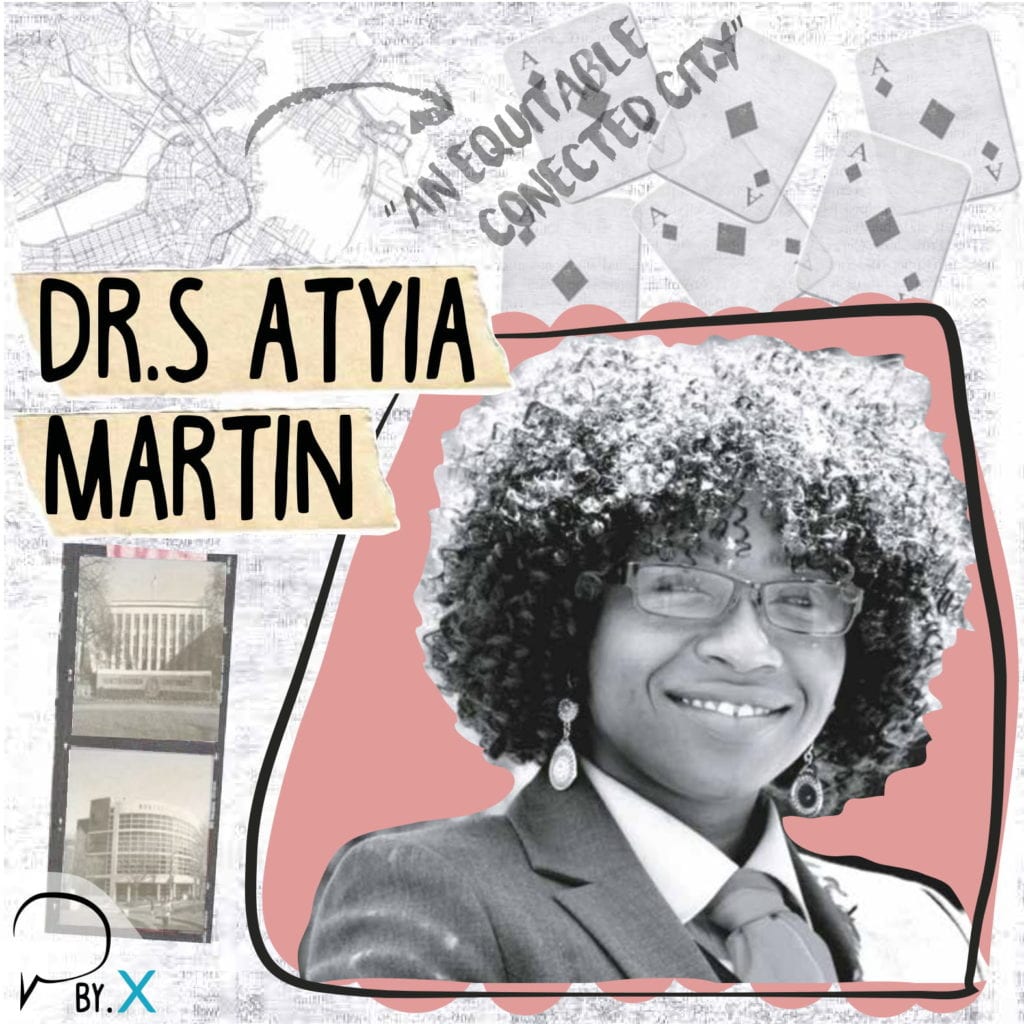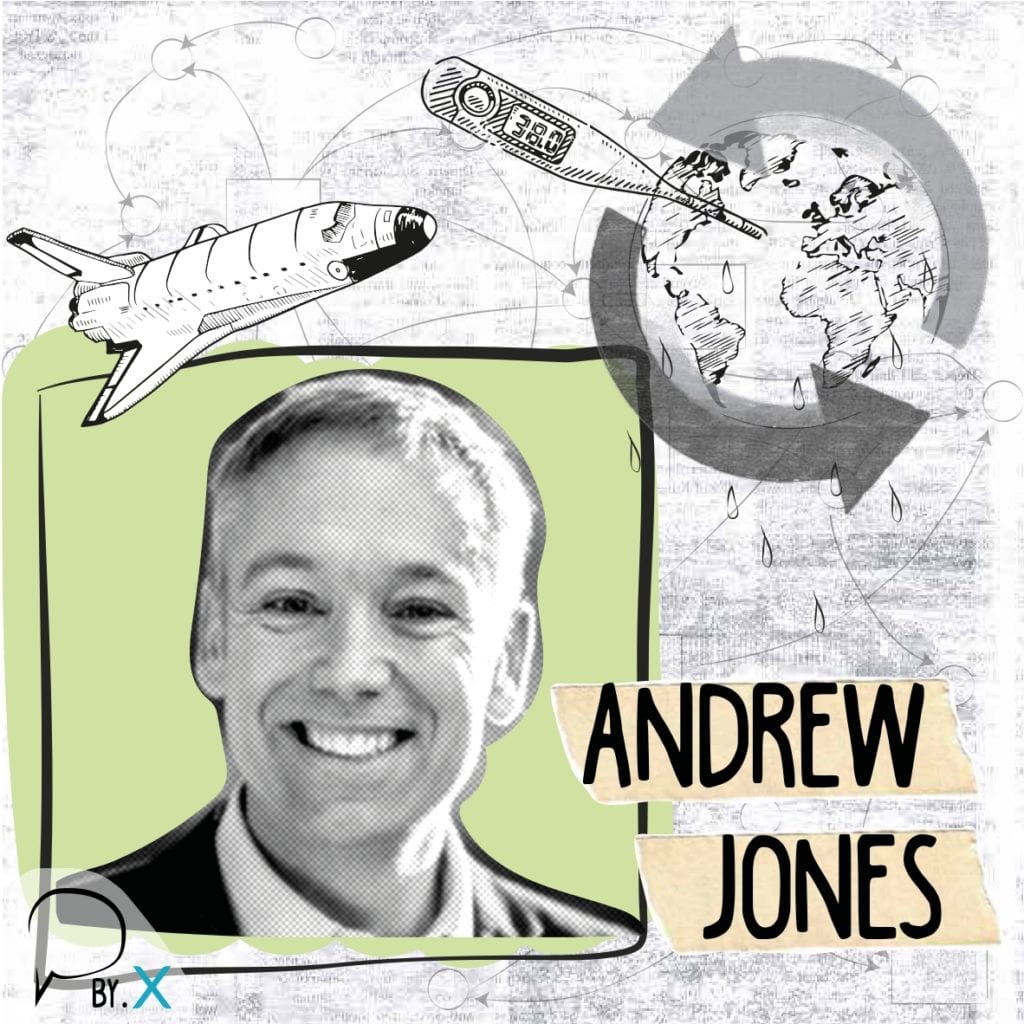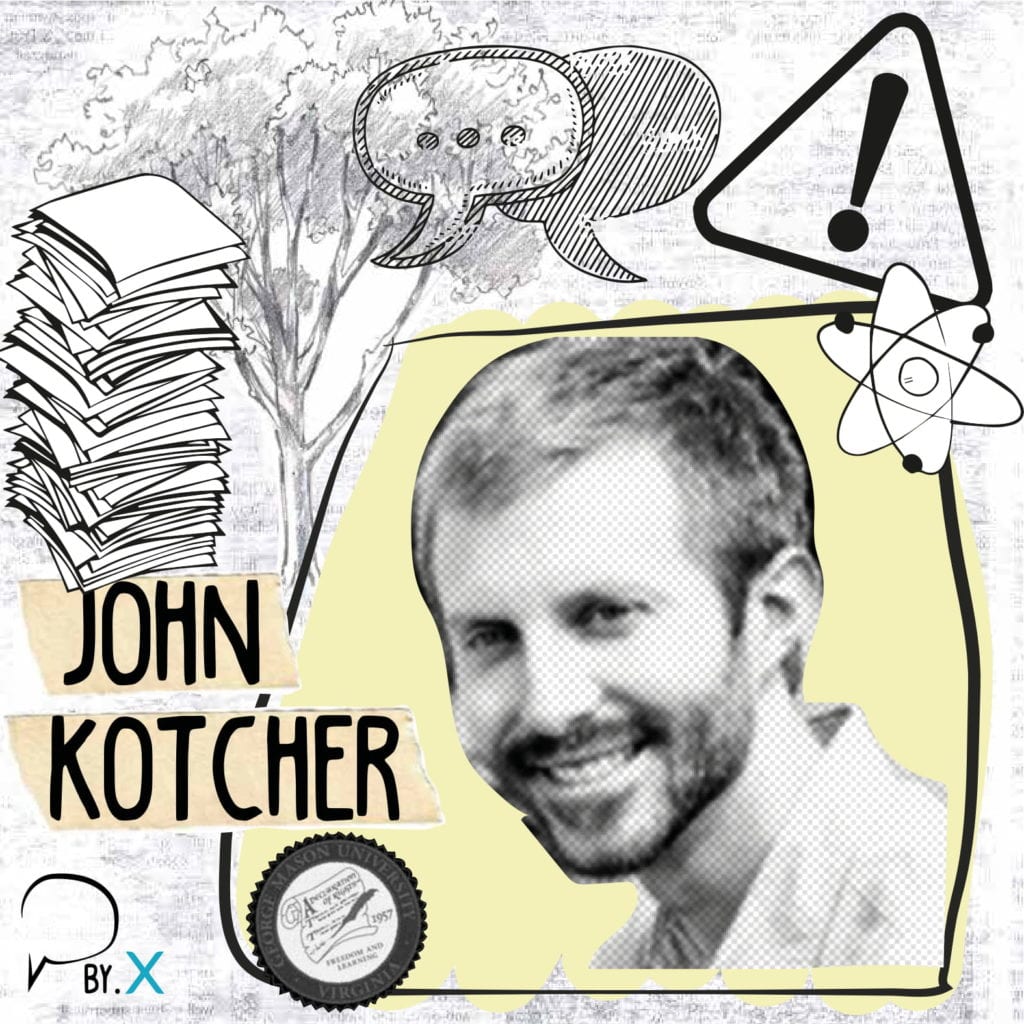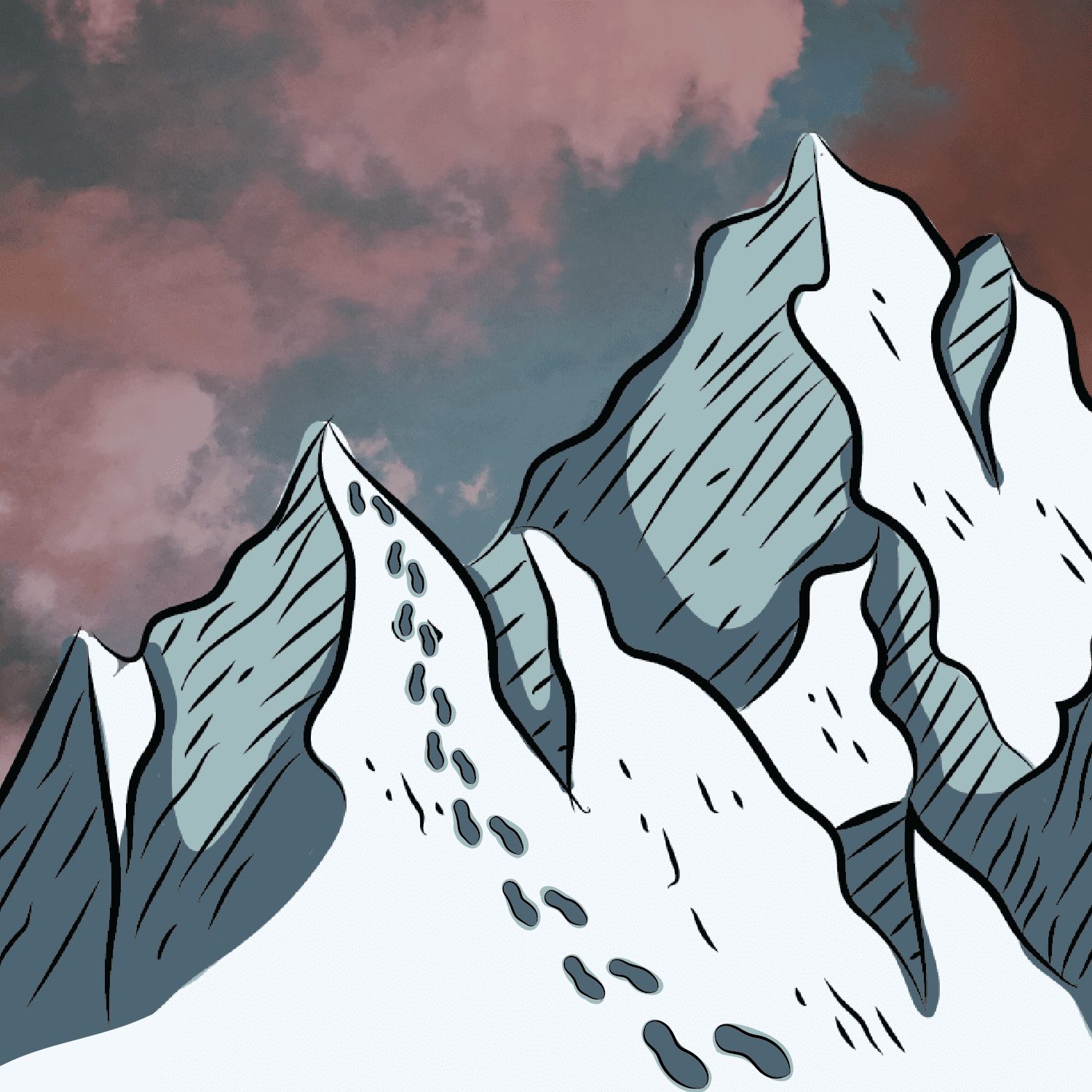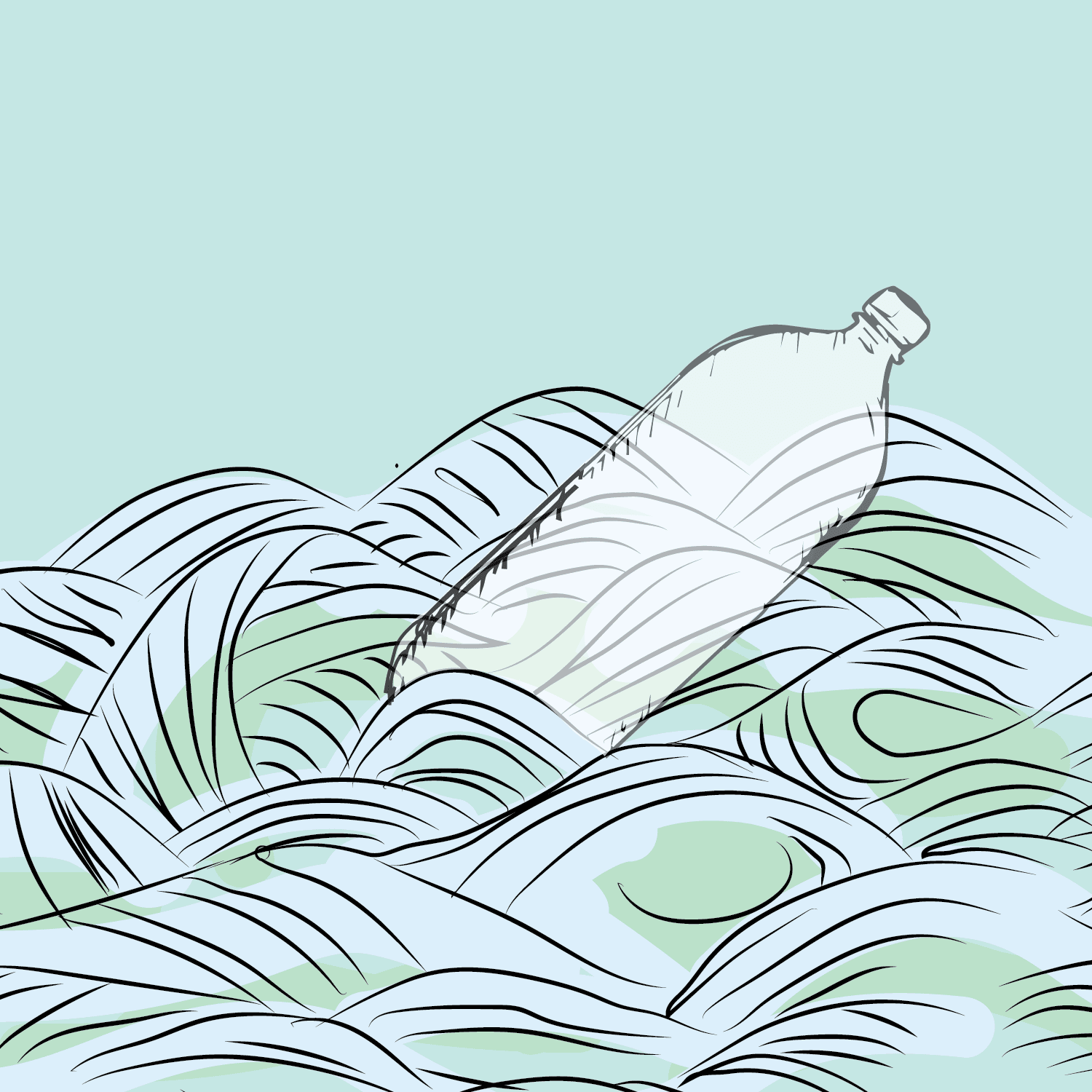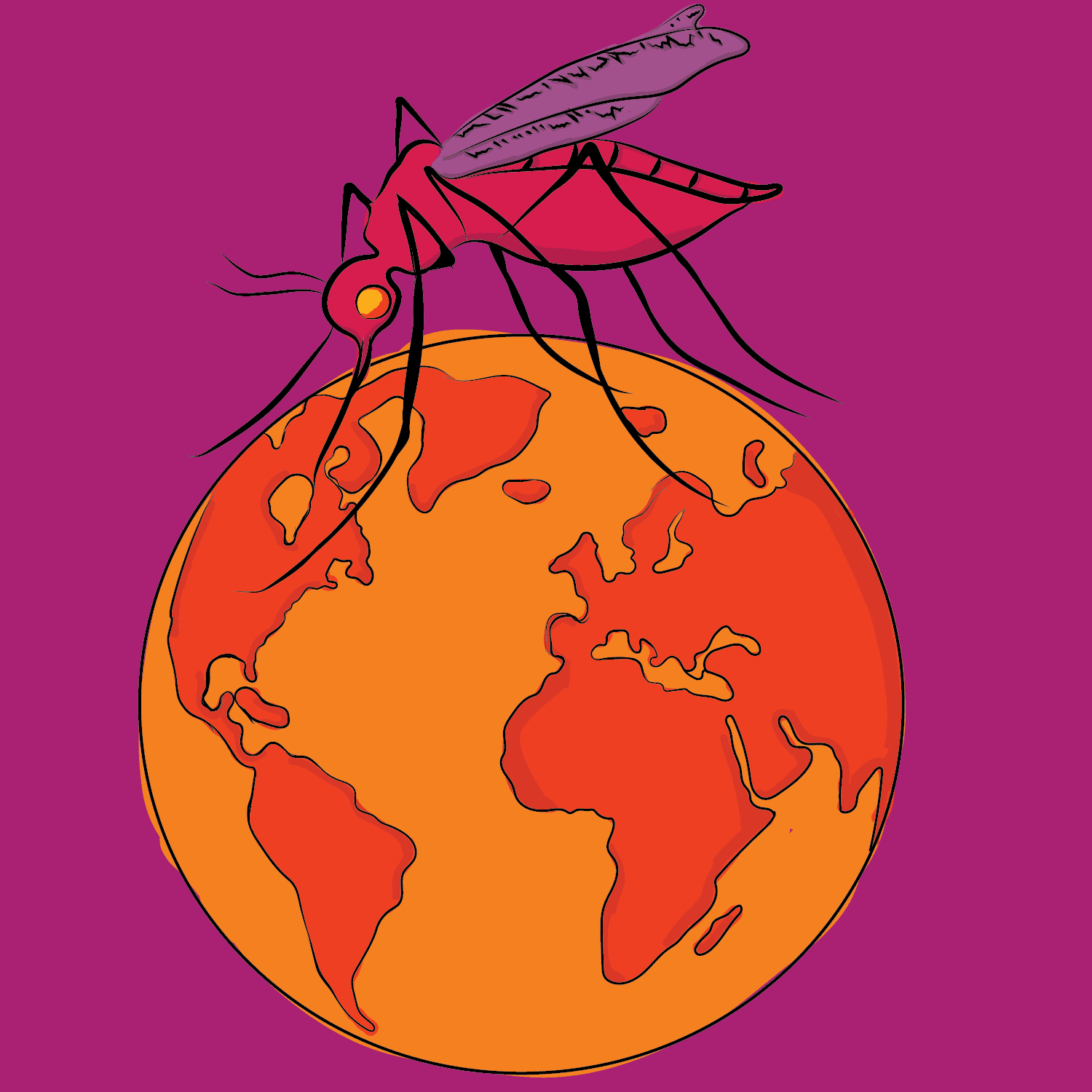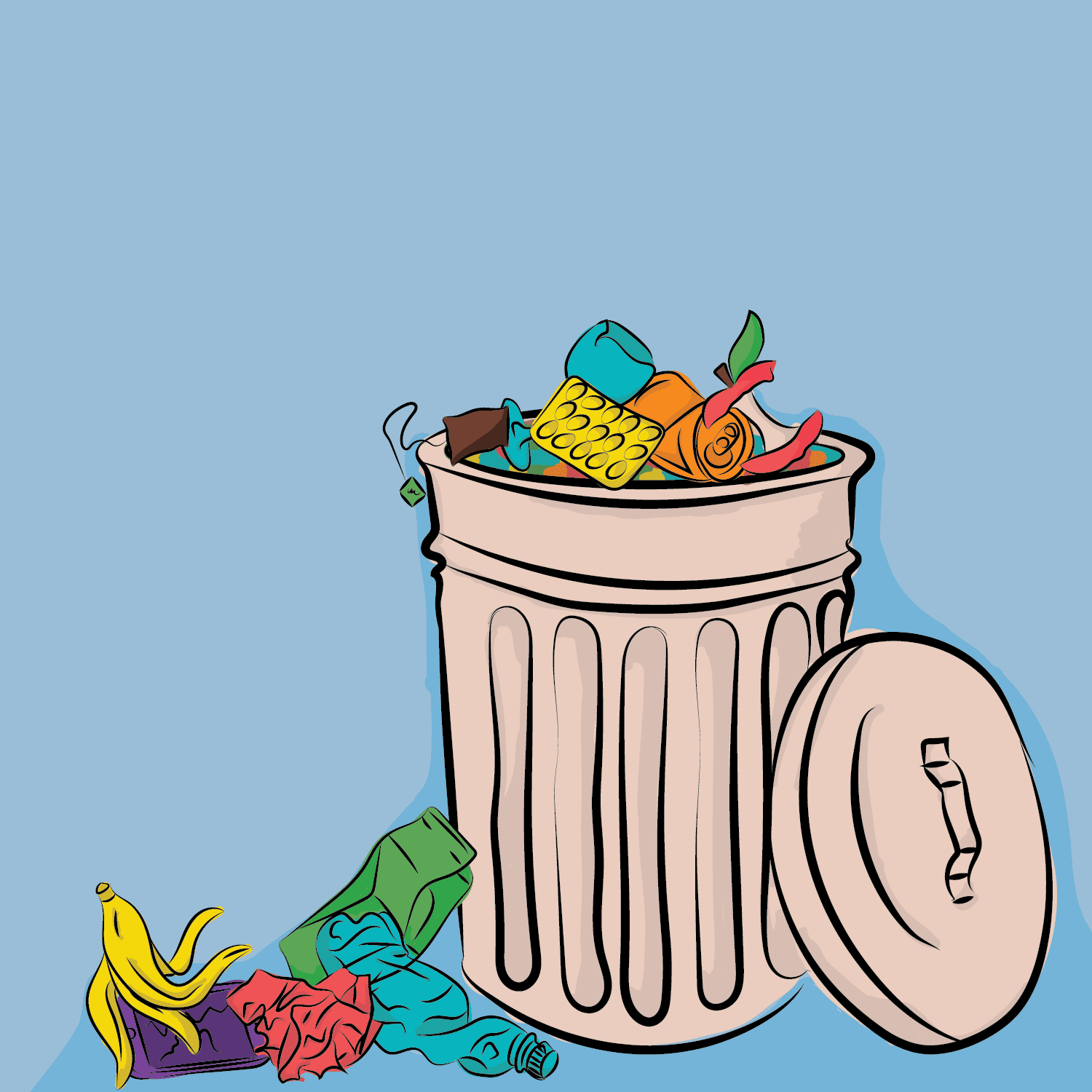
Welcome to Cooler Earth, your weekly dive into the latest news and current state of energy, sustainability, environmental politics, and all things climate change. Each week, we have an in-depth discussion on a specific topic relating to the science and economics of global warming, featuring expert guests.
Now What, a project of Cooler Earth
It’s Time To Talk About How We Talk About Climate Change. A lot of writing and advocacy on climate change these days gets it right about the risk, but wrong about how we try to accomplish the critical goal of raising public concern and moving people to action. That’s because it appeals to reason, and reason is not what drives human behavior. It is a challenge that we must overcome in finding effective and efficient ways to not only communicate the science as evidence of anthropogenic climate change, but in mobilizing public support for action and solutions. This is why we decided to launch a project to tackle these very pressing questions. As advocates, policymakers, or concerned citizens, it’s important that we take a moment to think through how we can best craft our message on this very crucial topic.
“Addressing climate change is also a spiritual matter”
Boston native Reverend Mariama White-Hammond recently started her own congregation in the city, with a hope to make climate justice a central pillar of her message. I talked with her about the role of faith and spirituality in conveying the message about a changing climate, and importantly, our individual roles in being part of the solutions.
“If it’s not your struggle it’s invisible to you”
Dr. Atyia Martin is the former Chief Resilience Officer for the City of Boston, and is the Founder and CEO of All Aces Inc. a consulting firm with a mission to further critical thinking in advancing personal and organizational resilience. On this week’s episode of the podcast, Dr. Martin talks to me about the importance of critical thinking and humility in approaching systemic issues such as racism and climate change.
“Showing people research really doesn’t work”
Andrew Jones is an expert on international climate and energy issues. He is a system dynamics modeler, keynote speaker, and designer of simulation-based learning environments. He is also the co-founder and co-director of Climate Interactive. On this week’s episode, we cover the motivations that led to him start his non-profit, and why he now understands that we need to go beyond simply showing people the research.
“You can’t just scare people into action”
Climate change perceptions have shifted dramatically among Americans in the past five years, with a double-digit increase of those who think of it as an important issue. The next step is how to translate that concern to political action. This week on the podcast is John Kotcher, Ph.D, a Research Assistant Professor at George Mason University’s Center for Climate Change Communication, where he conducts research on science and risk communication.
“Gravity is just a theory too”
This week on the podcast is Susan Joy Hassol, the Director of Climate Communication, a non profit aimed at assisting scientists and journalists in communicating climate change. She has built a career around the question of how to best communicate climate change and brilliantly identified the schism between scientific communication and every-day understanding of certain terms, which causes a lot of misunderstanding around climate change.
“People want to feel meaning”
Beatrice Fihn leads the International Campaign to Abolish Nuclear Weapons (ICAN), which was awarded the 2017 Nobel Peace Prize for its work in in highlighting the humanitarian cost and consequences of nuclear weapons. Once again this year, the Bulletin of Atomic Scientists have identified the two most existential threats facing humankind as being climate change and nuclear weapons; for this reason our conversation with Beatrice is relevant, and incredibly useful in how we conceptualize and advocate for these issues.
“Don’t throw out the baby with the bathwater“
John Schwartz is a science writer for The New York Times, focusing on climate change; he provides us with a look into the editorial and journalistic process of covering climate change, which is the story of our lifetime. The New York Times, as have many other institutions made deliberate decisions around this coverage, which include tossing out the idea that there are two sides to this story, and the pressing need to include multimedia and creative visuals to attract new audiences.
“We can’t blame our way out of this“
For the last episode of this season, we are doing things differently. Michael Green, Executive Director of Climate XChange is interviewing our host, Maria Virginia Olano. She speaks on the need to more intentionally craft innovative and engaging communications strategies to move people to action in the climate space. What decisions drove the episodes, the questions, and the selection of guests, and what we can learn from the experts in moving the movement and the conversation forward.
Cooler Earth Season 2
 Greening the Divide
Greening the Divide
Is climate action inherently against Republican or business interests? Not according to Claudine Schneider, the first woman elected to higher office in the state of Rhode Island. Representing the state in D.C. for 10 years, she earned a reputation as one of the House’s strongest environmental advocates.
 Sand, Salt, and Sea Level Rise
Sand, Salt, and Sea Level Rise
The starkest reality of climate change is that the countries least responsible for emitting greenhouse gases are the ones facing the worst climate impacts. One such state is the island nation of Kiribati, located in the Pacific Ocean, and projected to become increasingly uninhabitable over the next 50 years.
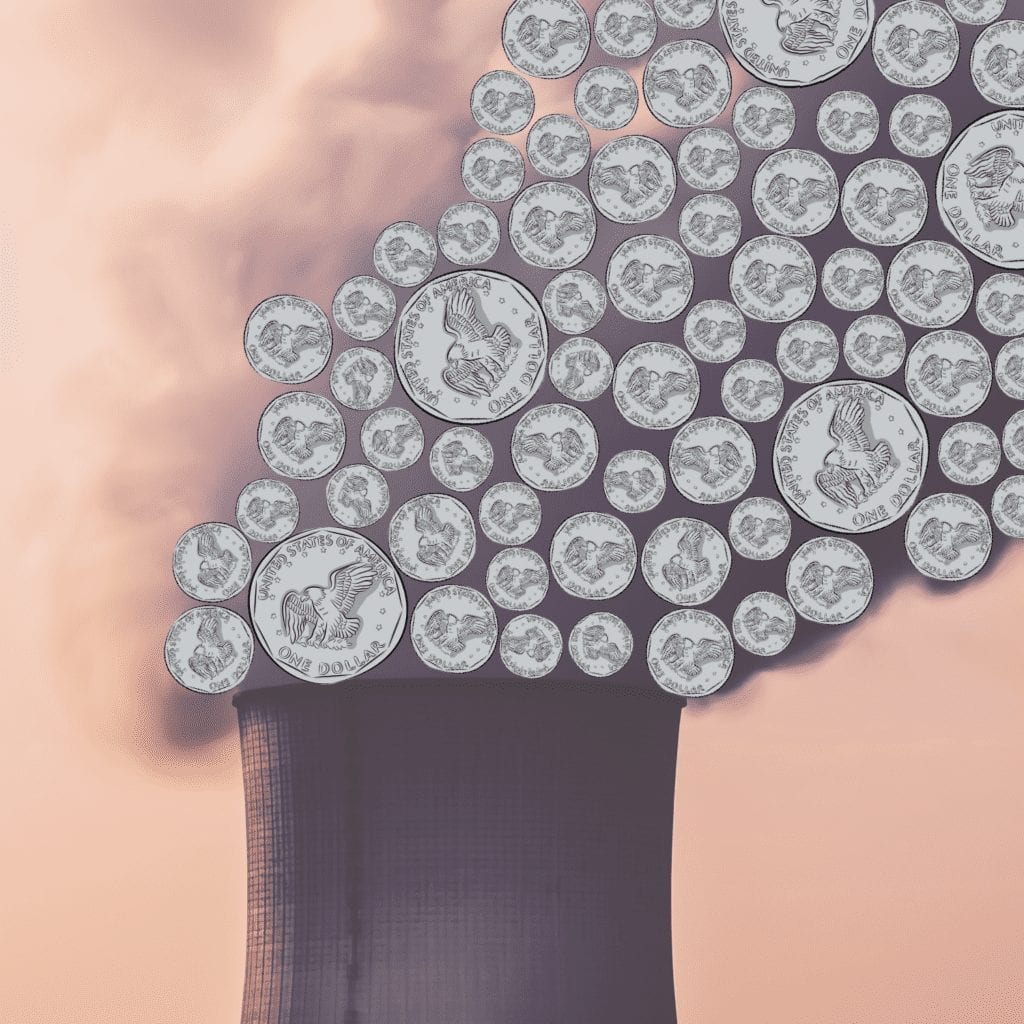 The Cost of Inaction
The Cost of Inaction
Carbon pricing has been in the news a lot lately. The IPCC even dubbed it a critical policy to avoid the worse consequences of climate change. What most people don’t realize though is that many jurisdictions already live under a carbon pricing mechanism, and that there are many different ways the policy can be implemented.
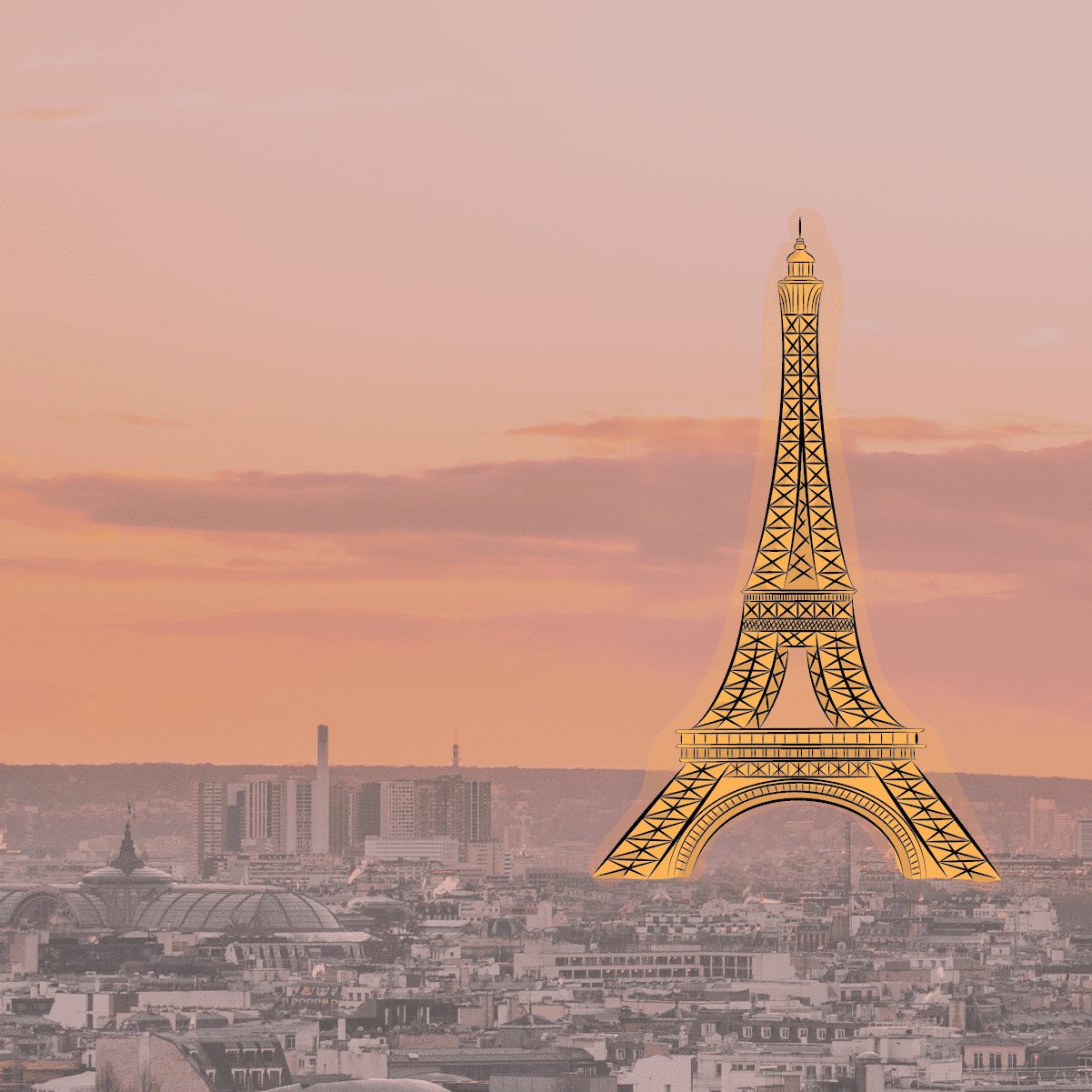 Paris Part Deux
Paris Part Deux
Protest is nothing new to France, but over the past month, Paris and some other cities in the country have seen escalating protests, sparked by an eco-tax on fuel due to come into effect in January. Anti-carbon pricing pundits have been quick to point to Paris as a reason why carbon taxes do not work. We think otherwise.
Cooler Earth Season 1

The (Carbon) Price is Right
Carbon pricing has emerged as a market-based solution to climate change. This week, we’re speaking with Michael Green, Executive Director of Climate XChange and long time advocate for carbon pricing, to learn more about the policy that has been gaining popularity across the globe.

Paris or Perish!
We discuss the Paris Agreement three years into its signing as well as the international climate movement and international policy on climate change. We dive deep into the legal implications of the US President announcing the withdrawal from the Agreement and what it means for the future of international climate action.
Bugs Know No Borders
This week, we focus on the ways in which changing climate patterns influence vector-borne diseases. John Pontillo joins us to talk about his personal experience living in a community impacted by malaria and how climate change will exasperate public health issues experienced in communities across the globe.
This Is Why We Can’t Have Ice Things
For decades, controversy has brewed in DC over whether the Arctic National Wildlife Refuge should be opened to oil and gas exploration. This week, we are exploring the complexities surrounding this controversy with skier and preservation advocate, Brennan Lagasse.
Fight Power With Power
What if we could create a profoundly more equitable world? Renewable energy has the potential to disrupt power dynamics created by fossil fuels, but how it’s implemented will be crucial. This week, we explore the concept of energy democracy with lawyer, activist and author, Shalanda Baker.

Welcome to the Neighborhood
Can knowing your neighbors be the key to surviving a disaster and thriving in it’s aftermath? This week on the podcast, we sit down with a leading expert on social capital and disaster recovery, Daniel Aldrich, to talk about how communities around the world have used their networks to become more resilient.

Going for the Green
The Winter Olympics is a worldwide showcase of competitive snow sports. But how will climate change impact the cities that host these games and the mountainsides that welcome recreational athletes across the globe? We chat with Olympic Biathlete Maddie Phaneuf about how waning winters motivated her advocacy for climate action.
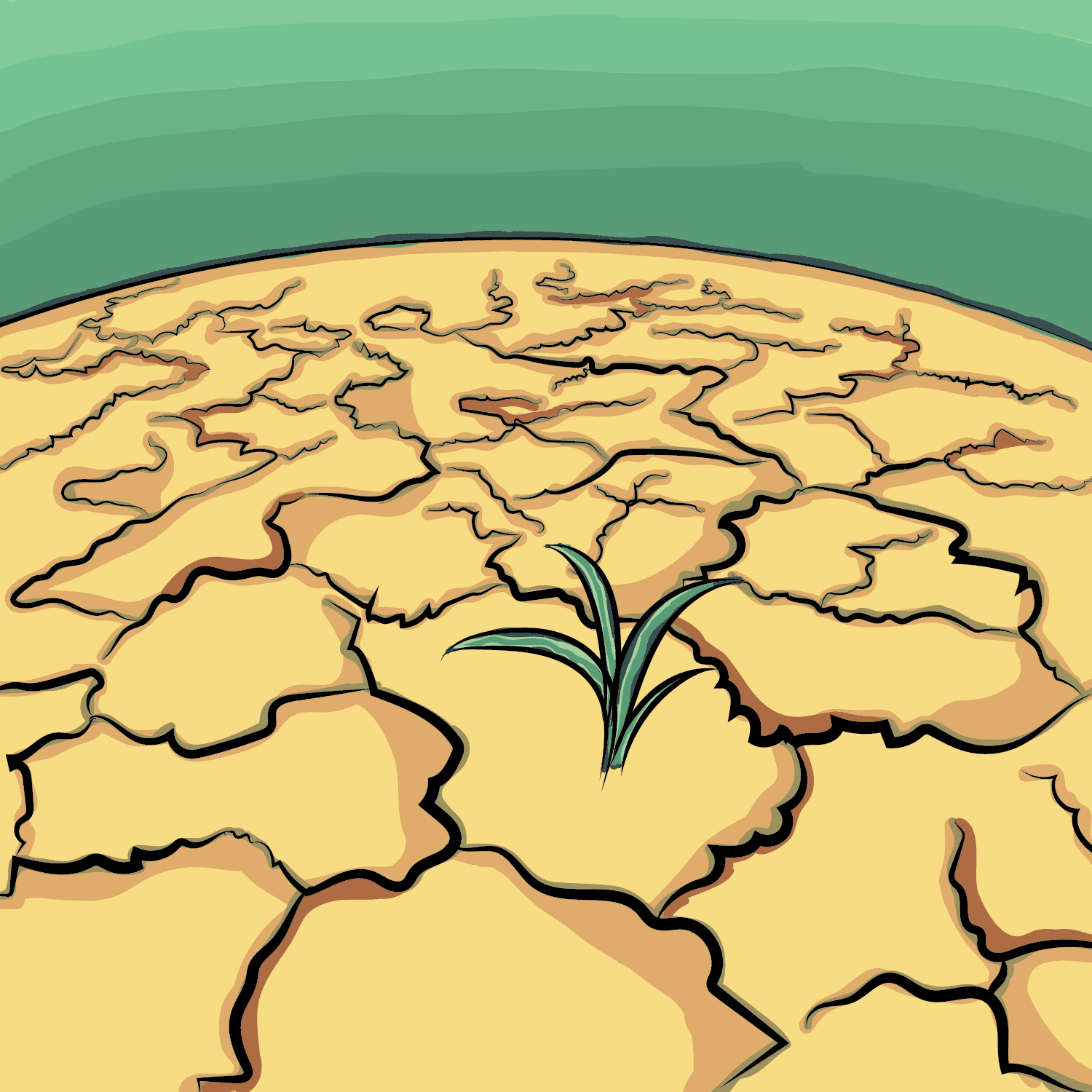
The Root of the Problem
Few sectors are as deeply impacted by changing weather patterns as agriculture. More than 60% of the world’s population depends on it for their livelihood, and the rest of us depend on their work to feed ourselves. We sat down with Laura Kuhl, expert in agriculture adaptation strategies, to discuss the ways we must rethink development in order to become more resilient.
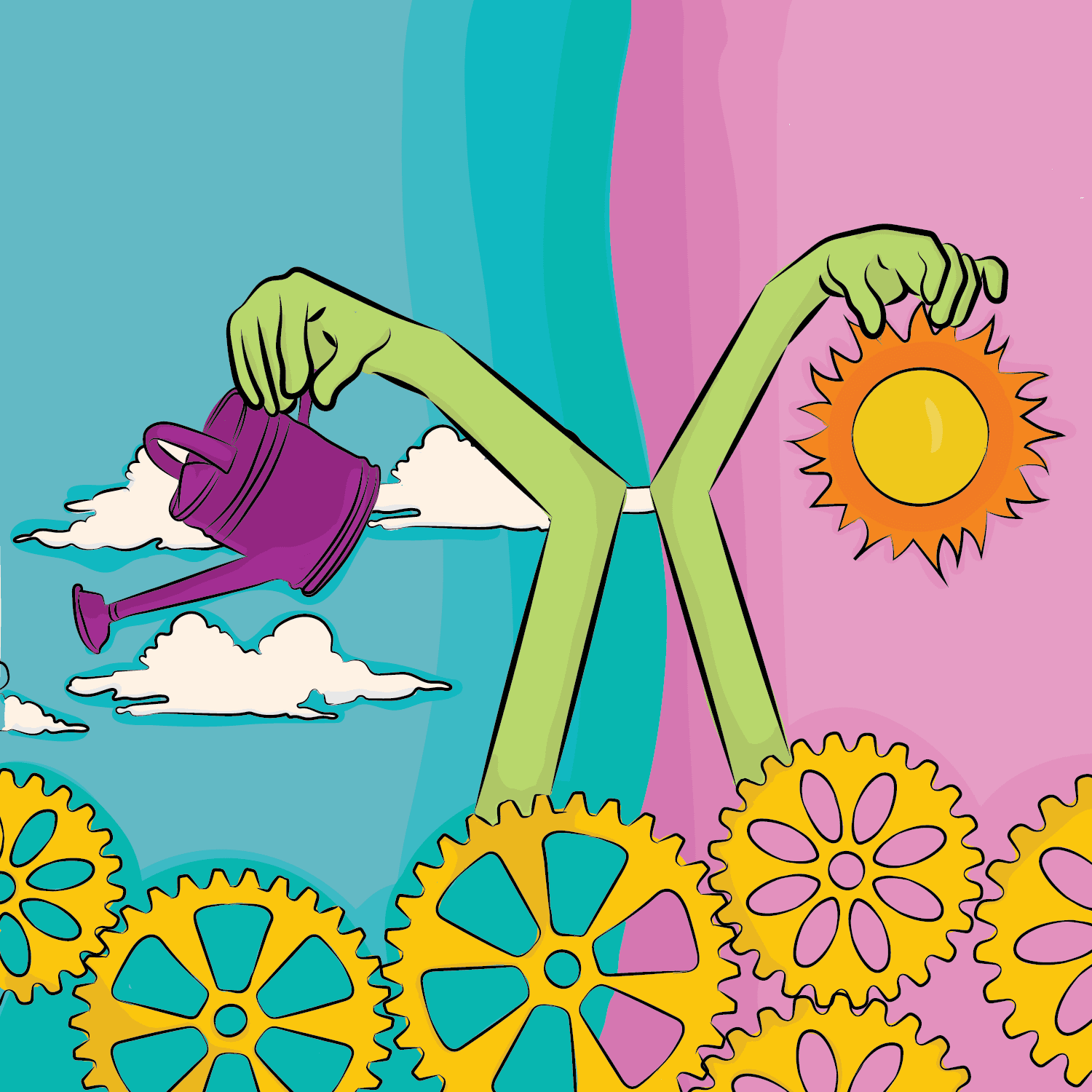
Tech in the Clouds
Today, we have the power and technology to change the Earth’s climate as we see fit. Geoengineering. Is it a good idea or a terrible one? What happens if we do it? Or if we don’t? This week we discuss emerging technologies with our guest, Professor of Sustainability Science and Policy, Jennie Stephens.


